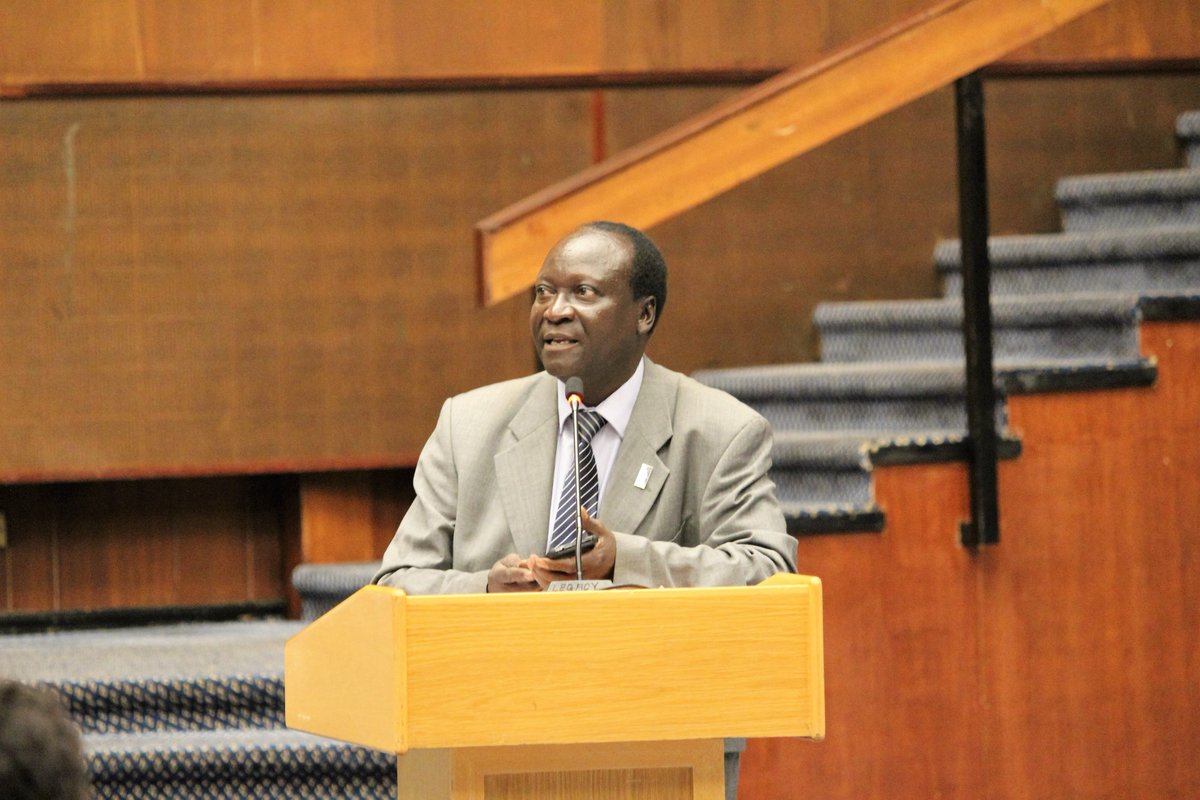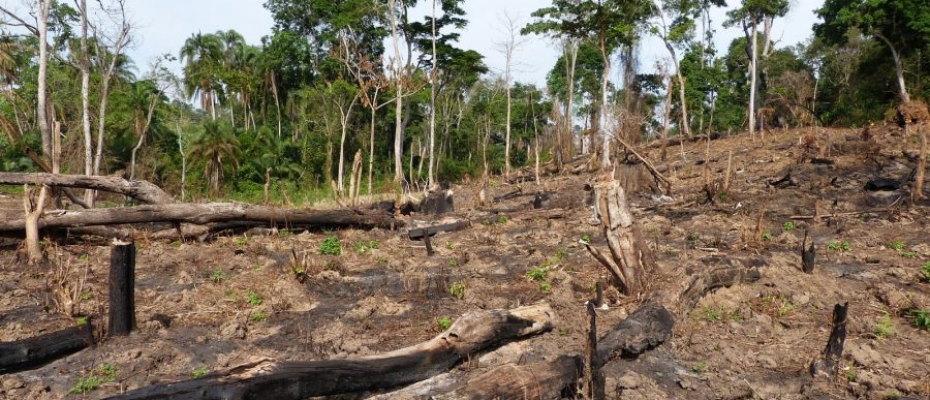
KAMPALA – The United Nations Development Programme has handed over vehicles, motorcycles and computers to Uganda to help various stakeholders’ mitigate the effects of climate change.
Uganda is one of the countries cooperating under the Conference of the Parties (COP 16) to the United Nations Framework Convention on Climate Change that is making a renewed commitment to fight environmental
degradation.
According to the Ministry of Water and Environment, Uganda is one of the countries cooperating under the Conference of the Parties (COP 16) to the United Nations Framework Convention on Climate Change and that it has made a renewed commitment to fighting environmental degradation.
“And this commitment is flying under the wings of COP 16’s Green Climate Fund through which participating countries receive support for activities designed to mitigate the effects of climate change, particularly in the developing world,” said Mr Chebet Maikut, a Commissioner at the Climate Change Department, Ministry of Water and Environment.
The UNDP on July 18 handed over four vehicles, 20 motorcycles and computers to help in implementation of climate change adaption mitigation efforts and to strengthen the resilience of rural populations and agricultural production systems in the country.
Mr Sam Cheptoris, the Water and Environment minister said at the handover ceremony in Luzira that the project, “Building resilient communities and ecosystems through restoration of wetlands and associated catchments in Uganda” marks a milestone.
“As we receive this equipment and tools to facilitate institutions and local governments participating in the implementation of the project and to ensure timely delivery of project outputs, National Wetlands Restoration Programme is one of the flagship programmes initiated by President Yoweri Kaguta Museveni and promoted during Uganda’s presidency of the 69th session of the UN General Assembly,” he said.
“It is hoped that US $100 million will be raised to undertake countrywide restoration of degraded wetlands over a period of 15 to 20 years and the this project is at the highest level which is why the government is investing $18.1 million alongside UNDP’s $2 million,” added Mr Cheptoris.

And given that wetlands are highly vulnerable to changes in the quantity and quality of their water supply, climate change will substantially alter ecologically important attributes of wetlands. The loss of wetlands could worsen the impact of climate change as temperatures continue to rise.
Ms Rosa Malango, UNDP country representative, said the project is very important as it is responding to commitments made in the Paris agreement on climate change.
She said the well-being of humanity, the environment, and the functioning of the world’s economy ultimately depend upon the responsible management of the planet’s natural resources.
At the Paris climate conference (COP21) in December 2015, 195 countries adopted the first-ever universal, legally binding global climate deal and the agreement sets out a global action plan to put the world on track to avoid dangerous climate change by limiting global warming to well below 2°C.
Paris agreement commitments included; -a long-term goal of keeping the increase in global average
temperature to well below 2°C above pre-industrial levels;- to aim to limit the increase to 1.5°C, since this would significantly reduce risks and the impacts of climate change;- on the need for global emissions to peak as soon as possible, recognising that this will take longer for developing countries;- to undertake rapid reductions thereafter in accordance with the best available science.




